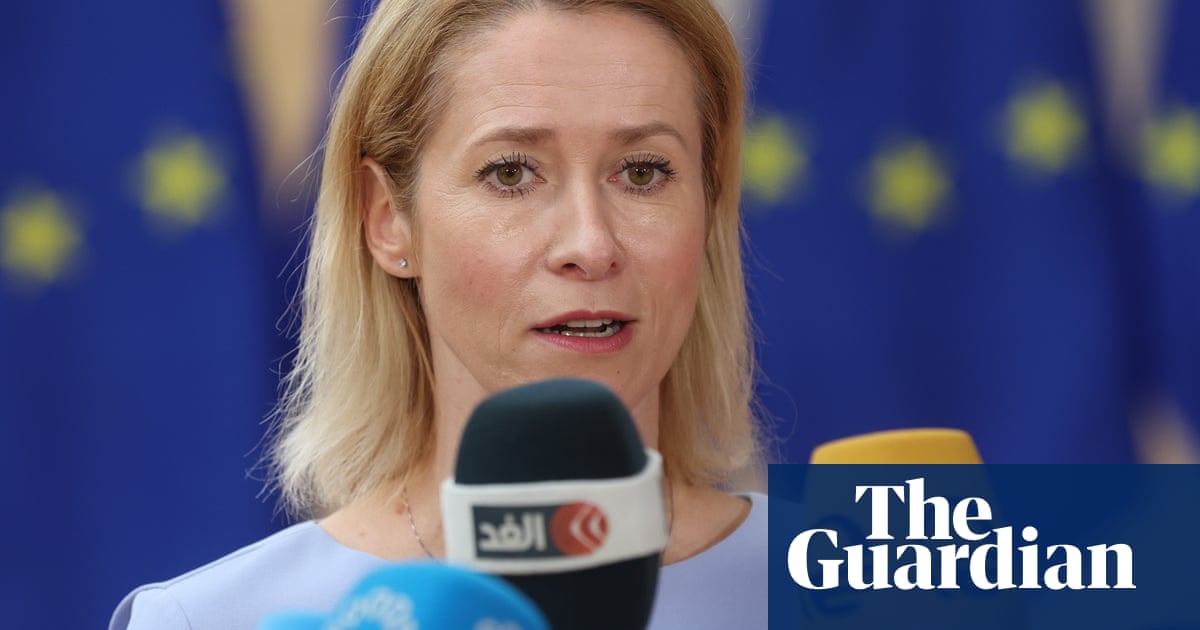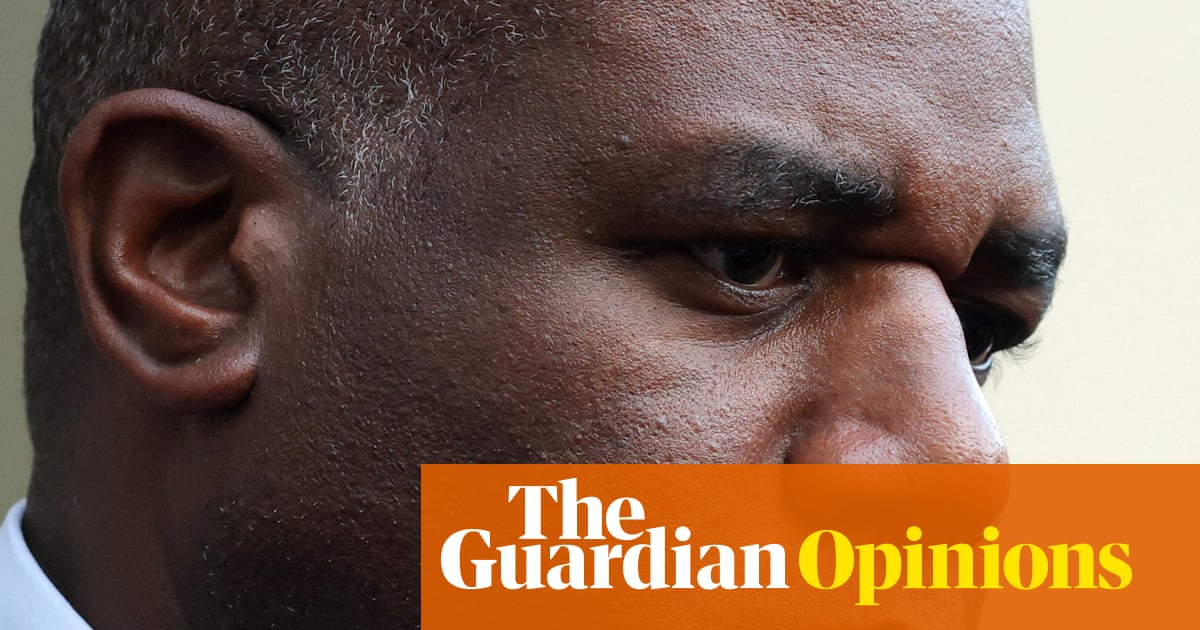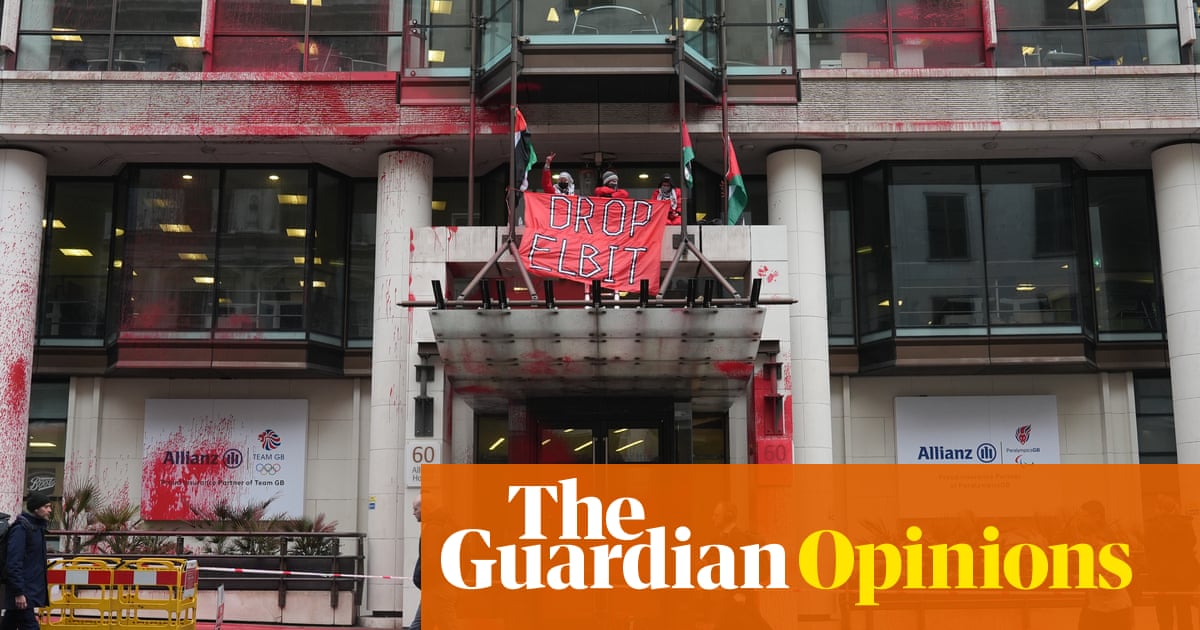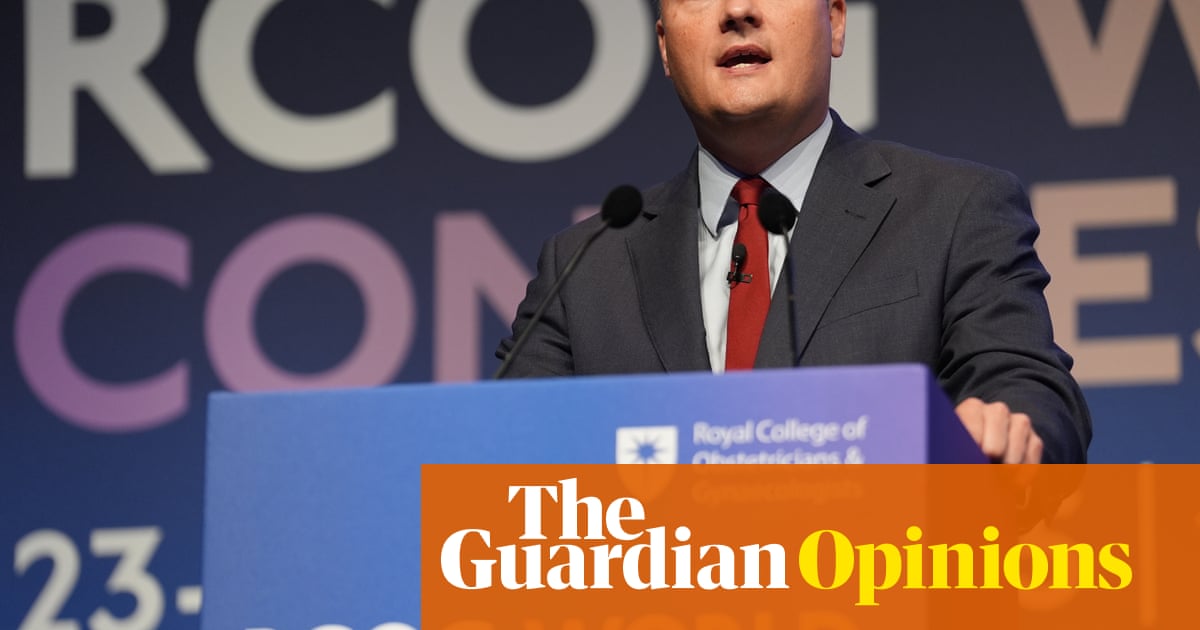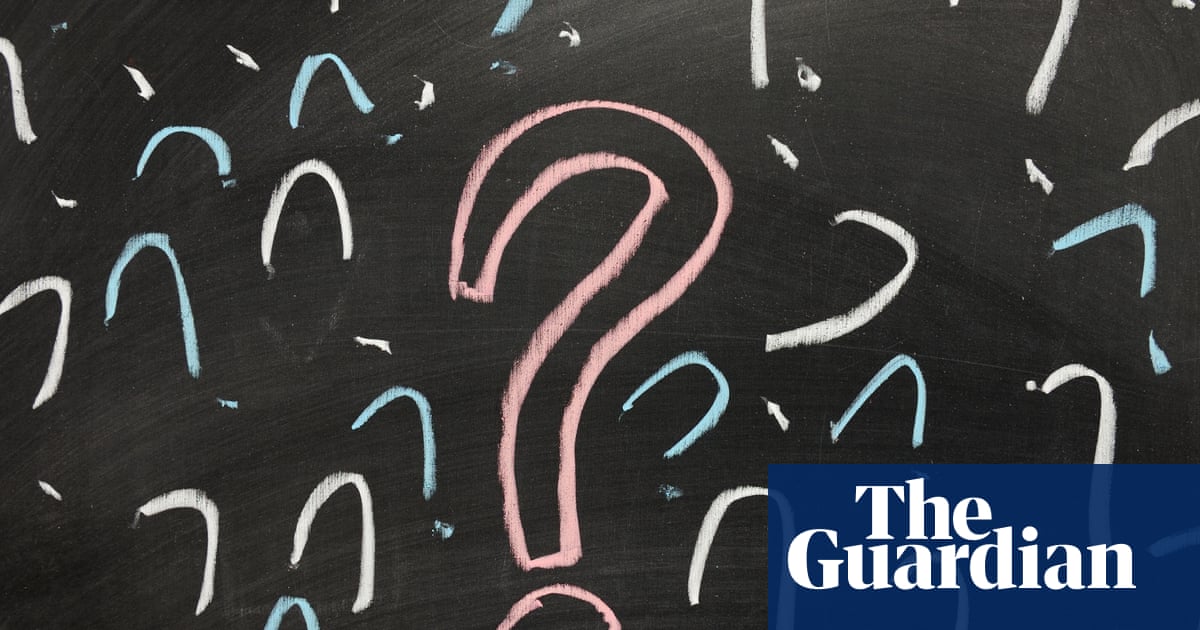Keir Starmer should fight back strongly against Donald Trump if he imposes punitive tariffs on British exports, senior UK and EU diplomats said on Saturday night, amid heightened fears that the US president could trigger a global trade war with devastating effects on the UK economy.
British government officials in London and Washington are working frantically this weekend to try to persuade Trump not to slap duties on more key UK industries on what he is calling “liberation day” on Wednesday. The US president has already announced plans for 25% levies on imports of cars, steel and aluminium to the US.
One vital battleground now is over Washington’s threat to impose blanket reciprocal 25% tariffs on all countries that impose VAT on US exports. These countries include the UK and EU nations. The US does not impose VAT on its imports.
The Office for Budget Responsibility (OBR) warned last week that a 20% increase in tariffs between the US and the rest of the world would cut UK growth by 1% and “entirely eliminate” the £9.9bn of fiscal headroom that the chancellor, Rachel Reeves, restored in the public finances by a painful programme of welfare and other cuts in her spring statement last week.
Starmer appears to be waiting to judge how to react, based on the level of any tariffs imposed on the UK.
He is said by government officials to be ready to “act in the national interest” if Trump does hit the UK hard. But his team also says that he will be “pragmatic” if need be – suggesting he may not retaliate immediately, in the hope of talking Trump round over time and with the aim of creating the conditions for signing a wider UK-US trade deal.
Starmer has already been warned by the Liberal Democrats against “appeasing” Trump by reducing a major tax for US tech firms at the same time as imposing savage welfare cuts including on disabled people.
Diplomats now say Starmer, who has refused to issue a word of criticism of Trump since his return to the White House, must be prepared to retaliate or run the risk that the US president simply deploys the same tactic again and again, knowing his opponent will not fight back.
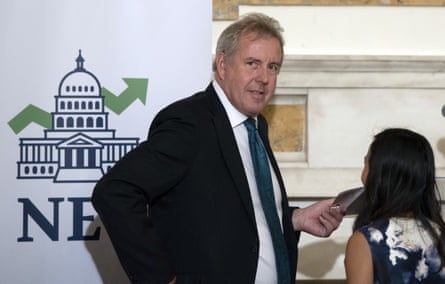
Speaking to the Observer, the former UK ambassador to Washington Kim Darroch said Starmer should learn from the experience over recent days of the Canadian prime minister, Mark Carney, who appears to have softened Trump’s tariff threat by warning of strong Canadian retaliation and making clear his displeasure at the US president over this threats towards his country’s sovereignty – an approach that has lifted his Liberal party substantially in the polls. Carney said: “It is clear that the United States is no longer a reliable partner.”
Lord Darroch said: “It’s understandable that, faced with deeply damaging US tariffs on British cars, steel and aluminium, the government should think about concessions like reducing digital tax. But they need to be wary of giving Trump wins; tariffs are his all-purpose forcing mechanism and he’ll use them again and again if he sees them working. And they should note the dramatic turnaround in Canadian politics, where on the back of a robust and defiant response to US tariff threats, Mark Carney’s Liberals have gone from 14 points behind the Canadian Conservative party at the end of January to eight points ahead last week.”
It is expected that Trump may impose less punitive tariffs on the UK than on member states of the EU, which he believes have taken an anti-US approach on trade over decades.
João Vale de Almeida, former EU ambassador to the US and the UK, said he did not expect the UK to retaliate in the way the EU was bound to. But he said it was important that Starmer hit back in some way by criticising the way the US president used tariffs as a tool of policy.
“He [Starmer] should at least condemn the tariffs, as they are bad for everyone,” Vale de Almeida said.
In her spring statement last week, Reeves – who is said to oppose retaliating to US tariffs – said the “global economy had become more uncertain” but at no point mentioned that it was Trump who had fuelled the uncertainty and created the conditions in which a global trade war is now entirely possible.
Carney, by contrast, has taken on Trump, telling him on Wednesday that Canada would retaliate against the US with tariffs of its own, potentially escalating a damaging trade conflict between the neighbouring countries. But Carney and Trump then sounded a more friendly note after a phone call on Friday. Carney’s office described it as a “very constructive conversation”, while Trump said in a social media post that the call was extremely productive.
An Opinium poll for the Observer shows that, after the spring statement, just 11% of UK voters expect the economy to improve over the next 12 months, with 23% saying it will stay the same and 61% that it will get worse.
About 17% said they expected their finances to get better, 38% that they would stay the same and 41% that they would get worse.
Voters in this country rate the UK economy relatively poorly compared with other large economic nations, particularly China. The UK economy is rated better than China’s by just 9% of UK voters, with 10% saying it is about the same and 43% saying it is worse. Only 15% say the UK economy is better than that of the US, with 16% saying it is about the same and 36% saying it is worse.

 2 months ago
45
2 months ago
45

